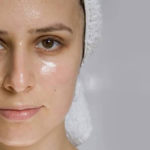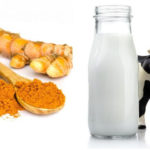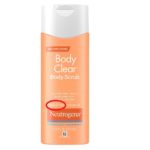Inheritance
Oily skin tends to run in the family. If both parents have oily skin, it is likely that their children will also have this uncomfortable skin type.
Age
This is also the reason why oily skin appears more during puberty because the concentration of androgens in hormones increases, and the sebum production process becomes stronger. At the age of 30, your skin will experience aging with the appearance of wrinkles, and the skin also becomes drier and rougher.

Environment
People in hot and humid climates will produce more oil compared to other areas. In addition, summer is the time when sebum production is more intense compared to other seasons of the year.
Lifestyle habits
Unclean pores can cause blockage, and the sticky residue on the skin for a long time can lead to oily skin, enlarged pores, or oily and acne-prone skin.
However, if you wash your face or exfoliate too often, it can also make your skin oilier. Dermatologists recommend washing your face twice a day to limit excess oil.

Hormones
When hormones are produced excessively, it will make the oil secretion on the skin difficult to control and make the skin oily. This condition often occurs in people who are going through puberty, pregnancy, menstruation, and menopause.
Skipping moisturizer
The skin feels insufficiently moisturized, so it continuously produces oil to balance the moisture and prevent dryness. Therefore, skipping the moisturizing step when using acne treatment products makes the sebaceous glands constantly active and makes the skin more oily.
Resolving oily skin issue
Cleaning your face correctly and thoroughly is an important step in taking care of oily skin. Clean skin will help the pores breathe better, remove dirt and excess sebum, and reduce acne.
For people with oily skin, exfoliating 1-2 times a week will help remove all dirt under the skin, keeping the skin clean and preventing clogged pores.
Hydrating and nourishing the skin is a basic and fastest way to improve the condition of oily skin.
You should also consider using deep moisturizing products to maximize the moisturizing effect on the skin. Dermatologists recommend using a lightweight moisturizer containing hyaluronic acid and natural extracts, such as lemon peel, which has a soothing and antibacterial effect to take care of oily skin effectively.
7 Tips to Minimize Pores and Reduce Oily Skin During the Summer
Large pores can be a major source of self-consciousness, causing us to feel our complexion has lost points. Struggling with this issue can feel hopeless, so what can be done to get rid of them or, at the very least, reduce their appearance? Read on for more information and advice on dealing with large pores.





































